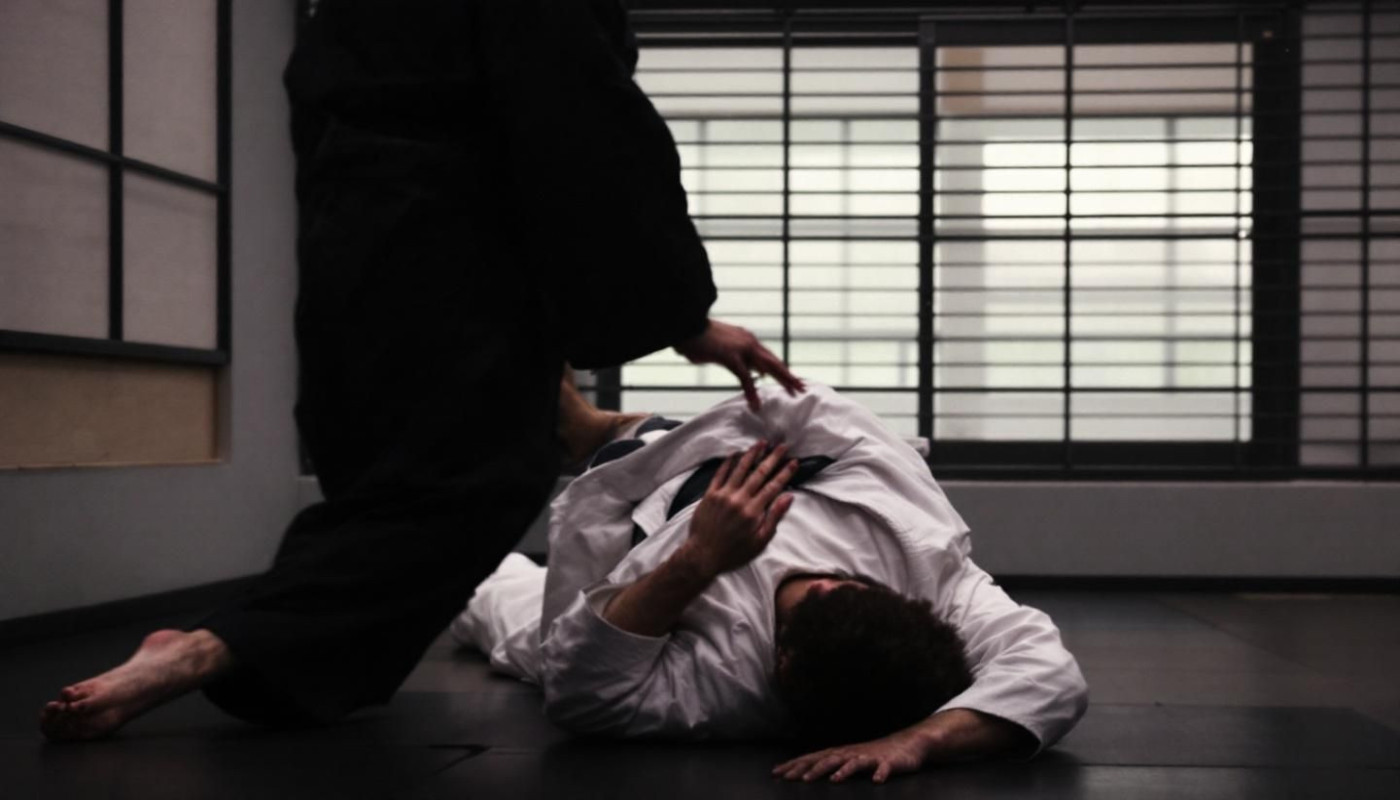Table of contents
Discover how the art of judo has left a lasting imprint on the world of sportsmanship, transcending its origins to become a symbol of respect, discipline, and international unity. Delve into the unique philosophy and practices that have allowed judo to shape the moral framework of athletes and sport communities worldwide. Learn why understanding judo’s influence is key to appreciating the modern values found in global sporting events.
Judo’s philosophy and core values
Judo philosophy is deeply rooted in principles that foster not only athletic excellence but also profound character development. Central to this martial art are the core values of mutual welfare and benefit, encapsulated by the Japanese concept of Jita-Kyoei. Practitioners are taught that progress is only achieved through collaboration and mutual respect in sports, promoting an environment where both physical and moral growth are prioritized. Another cornerstone, Seiryoku-Zenyo, signifies the pursuit of maximum efficiency, guiding judoka to use energy and technique wisely while constantly seeking improvement. These values are reflected in every aspect of training, from the ritual bowing that signifies respect between opponents to the expectation of humility in both victory and defeat. Such traditions ensure that judo’s influence extends beyond the mat, shaping individuals who uphold fairness, integrity, and empathy in all areas of life. This unique integration of philosophy and practice distinguishes judo, making it a powerful tool for positive character development around the globe.
Impact on international sportsmanship
Judo’s cultural and ethical foundation has significantly shaped international sportsmanship by promoting principles that extend well beyond its own mats. Central to this influence is the concept of Rei, which embodies respect and etiquette, forming the core of judo ethics and setting a benchmark for sports respect at the global level. International sportsmanship now commonly reflects these values, as the code of conduct initially cultivated within judo—emphasizing mutual respect, humility, and self-discipline—has been adopted and echoed across diverse sporting disciplines. This adoption can be observed in pre- and post-match rituals, athlete interactions, and the ways disputes are handled, all aiming to ensure fair competition and foster a positive global sports culture. Leading international sports ethicists acknowledge that by integrating Rei and other judo-inspired practices, many sports organizations have elevated their standards for ethical behavior, contributing to a more harmonious and principled environment for athletes worldwide.
Judo’s role in conflict resolution
Judo’s enduring legacy in conflict resolution spans both athletic and broader social spheres, blending physical practice with a deep-rooted philosophy of respect and peaceful coexistence. On the mat, practitioners engage in Randori—a form of free practice that encourages adaptability and mutual benefit—which hones problem-solving skills by requiring individuals to respond dynamically and fairly under pressure. These judo lessons extend beyond sport, offering a blueprint for peaceful competition and collaborative dispute management. In international contexts, judo has been leveraged as a tool for sports diplomacy, helping bridge cultural divides and foster mutual understanding between nations. Programs sponsored by organizations like the International Judo Federation frequently use judo’s non-violent principles to de-escalate tensions and promote dialogue in communities affected by conflict, demonstrating its effectiveness in real-world situations. A great post to read further illustrates how influential figures within the global judo family contribute to these ideals, reinforcing the martial art’s capacity to inspire peaceful resolutions across diverse settings.
Training methods inspiring athletes
Judo training stands out for its rigorous approach to athletic discipline and sports conditioning, offering techniques that have permeated a variety of modern sports. High-performance sports coaches often cite judo's structured regimen, particularly the practice of Uchikomi—repetitive drills to perfect form and timing—as a benchmark for effective athlete development. Through these methods, athletes acquire not only physical prowess but also mental toughness, a trait highly valued beyond martial arts. As a result, the integration of judo’s physical conditioning and psychological resilience strategies is now commonplace in the training programs of elite competitors in rugby, wrestling, mixed martial arts, and even team sports like football. Judo’s influence is evident in how athletes approach challenges, manage stress during competition, and maintain focus, showcasing the far-reaching impact of its disciplined methodology on global sportsmanship.
Legacy and future of judo sportsmanship
The enduring judo legacy stands as a benchmark for the future of sportsmanship, offering powerful athlete values rooted in respect, humility, and discipline. Judo's unique approach to sports evolution is visible in the emphasis on mutual welfare and benefit, concepts woven into both competitive practice and the technical study of Kata. These principles have left a lasting influence not only on individual athletes but also on the ethos of sporting organizations worldwide, encouraging environments where fair play and ethical behavior thrive. Prominent historians of sport have documented how judo’s legacy, established by figures such as Jigoro Kano, continues to inspire modern sporting frameworks, shaping a future where the spirit of sportsmanship guides conduct on and off the mat. As sports contexts evolve, the adaptable nature of judo’s core values ensures their ongoing relevance for current and upcoming generations, reinforcing the vital role of sportsmanship across diverse disciplines and cultures.
On the same subject



